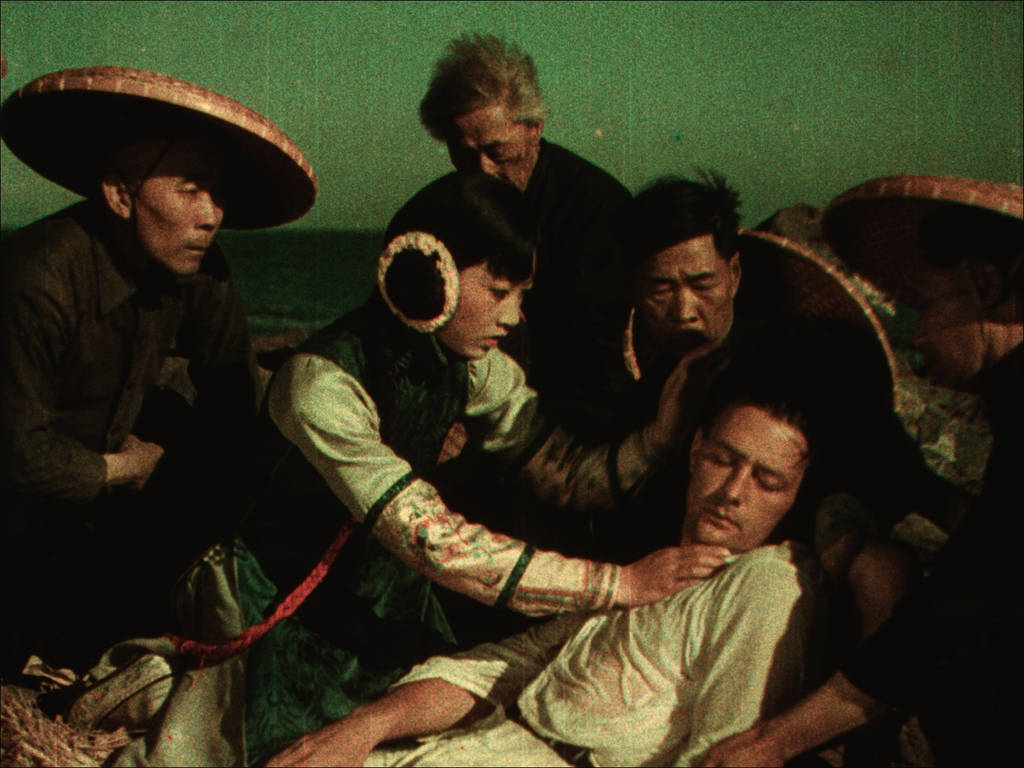[ENGLISH] Call for Video Essays
Film Matters Magazine, published by Intellect, is happy to announce a call for video essays made by undergraduate students and/or recent graduates. For information about Film Matters Magazine, please visit:
Eligibility: submissions are accepted from scholars worldwide who are either (1) currently enrolled in an undergraduate program (regardless of discipline) or (2) recent graduates from one. Recent graduates must have received their bachelor’s degrees no earlier than a year from the deadline and must not be currently enrolled in a graduate program.
What to submit: submissions must include three items. (1) An original and unpublished piece of videographic scholarship, authored solely by undergraduates/recent graduates. Video essays must be between 5 and 20 minutes and feature English subtitles (hard-coded), regardless of what languages are spoken in the video. To be considered for publication, video essays must make an identifiable argument and substantially transform the original audiovisual material (i.e., through editing, commentary, etc.). Resources regarding videographic criticism, including information on Fair Use, may be found at: http://mediacommons.futureofthebook.org/intransition/resources. Video essays must be uploaded to Vimeo in private mode; link and password must be provided in the accompanying written statement. (2) A written statement of no less than 300 and no more than 600 words. These statements should not be a transcript of the video, but rather an explanation of the author’s intentions. Statements must be written in English, and bilingual statements are especially welcome. (3) A 150-word, English-language bio of the author.
How to submit: please direct your submission and eventual questions to Film Matters Magazine’s Video Essays Editor Pedro Branco (University of Brasília) at VideographicFM@gmail.com. Feel free to write in English, Portuguese, Spanish, or French.
Deadline: submissions must be received by August 15, 2021, to be considered for publication in issue 13.1 (2022) of Film Matters Magazine.
Continue reading →














































